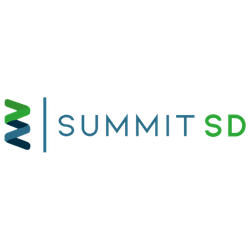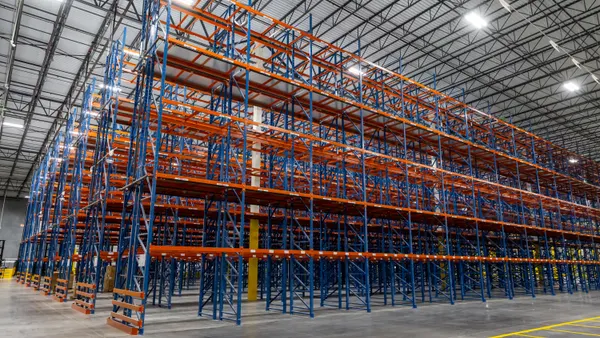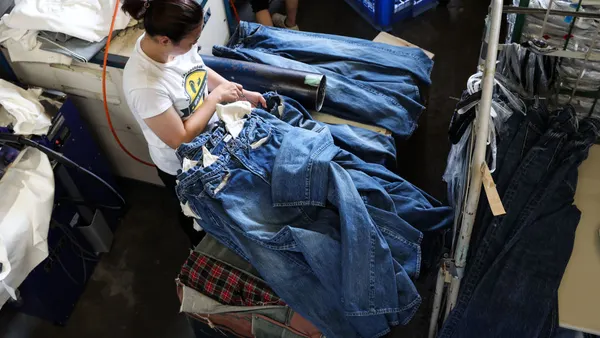Dive Brief:
- Grocery delivery service provider Instacart will soon make its services available in the Lehigh Valley, allowing 206,000 households across 27 ZIP codes in the region the chance to shop at Wegmans, Whole Foods, Costco and Petco, the Morning Call reported.
- The area has demonstrated enough demand to cause Instacart to add 100 new "shoppers" to its ranks in order to serve Lehigh Valley. The shoppers accept online orders, select the items purchased, then deliver to the customer within a time between one hour and seven days in advance.
- Instacart's expansion in the area will test the potential for e-commerce within the grocery space. The Morning Call reports e-commerce still represents just 1.5% of total grocery sales in the U.S.
Dive Insight:
Instacart is expanding from the U.S.' top cities nationwide, so the Lehigh Valley — emerging as one of the most popular sites for warehouses thanks to its easy proximity to New York City and Greater Philadelphia — provides an intriguing next bet.
The region's rising real estate prices, growing population and increasing employment demands provide great conditions for convenience stores and associated services. Instacart's business model, wherein contracted employees provide the last-mile service of picking out groceries for clients, depends on the company's deals with a variety of retailers. A quick search on Lehigh Valley Live found 200 grocery stores within 15 miles of Allentown.
Yet, the real value of setting up shop in a growing metropolitan area comes with the increased availability of data. While Instacart offers personalized service, it is able to do so by collecting data points from a variety of stores and their customers' demands, then adjusting the service's grocery prices accordingly. For example, if a bunch of bananas costs $2.79 at Wegmans, it may be that the Instacart price is $3.35. Some items cost less than the store's established price, but many cost more. Meanwhile, delivery costs are less variable at roughly $5.99 for any order over $35, according to The Kitchin.
The company's business model and bets on expansion reveal grocery delivery is less encumbered by the costs of last-mile delivery, but more likely quality control and price. Amazon's proposed purchase of Whole Foods has placed a new spotlight on this issue, while simultaneously re-emphasizing the value of customer data in the success of such services. Lehigh Valley, with its high growth and logistics-focused population, will provide a great minefield of new information for the company.














